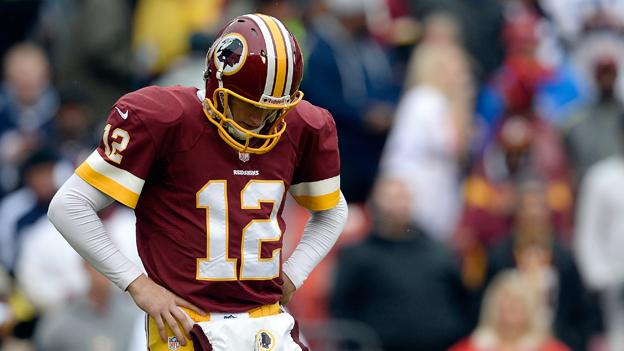Is wearing a Native American headdress offensive?
- Published

After an online petition gained 65 signatures, Glastonbury has added Native American headdresses to the list of items traders cannot sell at the festival without "prior authorisation". Has the UK woken up to an issue that is controversial in the US, asks Luke Jones.
Glastonbury organisers say that this instruction to their market traders is to ensure that sellers "reflect the values of the festival". It follows an online petition, external that called for the headdresses to be banned, saying the wearing of them by non-Native Americans is "disrespectful".
They have become a regular feature at festivals. But some see them as offensive - using an ethnic minority's traditional culture as novelty clothing. For Native Americans headdresses can be seen as a sacred item. Dr David Stirrup of the University of Kent says they are "something you have to earn. It is normally earned through exploit." The eagle feathers in the headdress are revered and worn for specific ceremonial occasions. "They are not everyday wear," he says.
In the US, the wearing of headdresses for fashion reasons has become controversial. Celebrities such as Pharrell Williams and Harry Styles caused controversy by wearing the headgear in photographs. Meanwhile football team the Washington Redskins are under pressure to change their name and logo, which many see as a racial slur. In the US it is illegal to misrepresent products as Native American and the name "Navajo" is a registered trademark. Discussion on social media and the popularity of blogs such as Native Appropriations, external have amplified the debate. But until now it has barely registered in the UK.

Washingon Redskins - an inappropriate name?
In the UK there is no significant Native American population. And what happens at a festival in Somerset is unlikely to matter much to Native Americans in the US, says Dr. Tim Lockley of the American Studies department at Warwick University. "I think they are more worried about jobs."
The headdress joins cigarettes, candle flares and flags on the list of items traders, external are not allowed to sell at the Glastonbury festival without prior authorisation. However the restriction does not stop visitors bringing their own.
Not everyone appears to be taking the headdress restriction seriously. A new petition, external has been launched calling on Glastonbury to ban tipis.
Subscribe to the BBC News Magazine's email newsletter to get articles sent to your inbox.